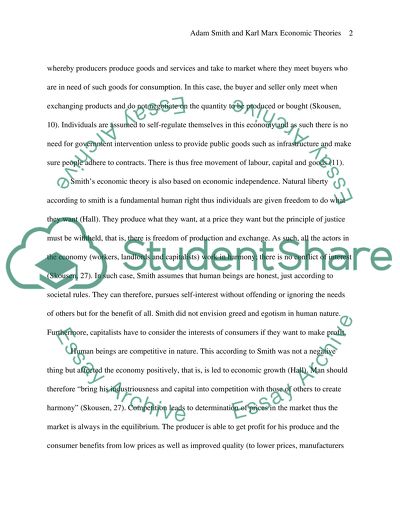Cite this document
(“Adam Smith and Karl Marx Economic Theories Essay”, n.d.)
Retrieved from https://studentshare.org/macro-microeconomics/1464987-adam-smith-and-karl-marx
Retrieved from https://studentshare.org/macro-microeconomics/1464987-adam-smith-and-karl-marx
(Adam Smith and Karl Marx Economic Theories Essay)
https://studentshare.org/macro-microeconomics/1464987-adam-smith-and-karl-marx.
https://studentshare.org/macro-microeconomics/1464987-adam-smith-and-karl-marx.
“Adam Smith and Karl Marx Economic Theories Essay”, n.d. https://studentshare.org/macro-microeconomics/1464987-adam-smith-and-karl-marx.


